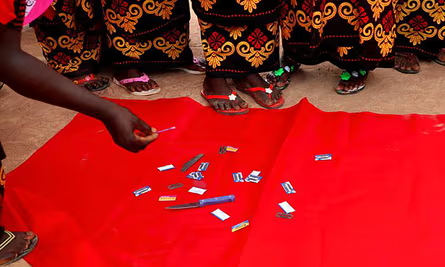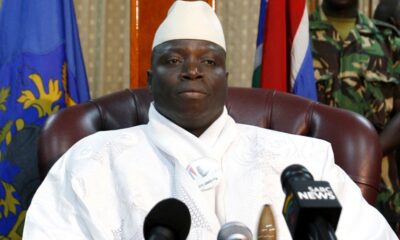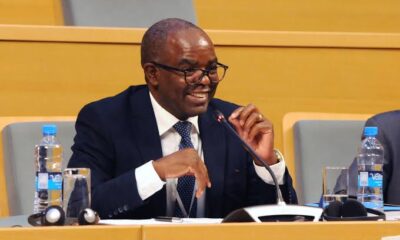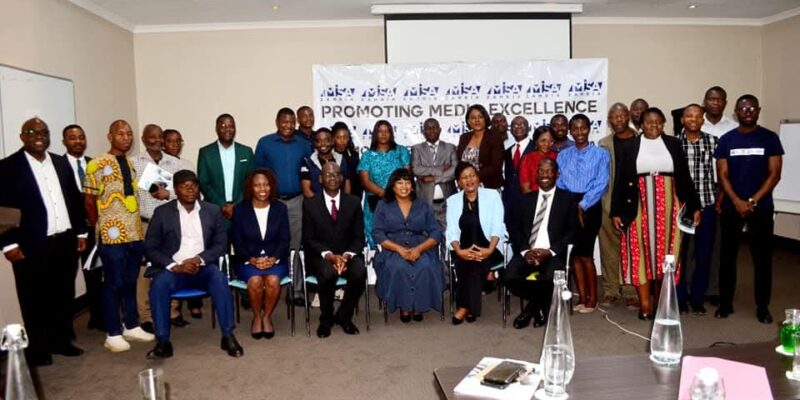A new report released on Tuesday by the National Bureau of Statistics (NBS) has revealed that over 614,937 Nigerians were killed and 2,235,954 others kidnapped across the country in one year between May 2023 and April 2024.
The NBS report, titled, “The Crime Experienced and Security Perception Survey (CESPS) 2024”, says based on the surveys conducted between May 2023 and April 2024, the 2.2 million Nigerians who were kidnapped across the country paid a whopping N2.2 trillion as ransom, with an average amount of N2.7 million per incident.
The report also disclosed that murder rate was highest in rural areas with 335,827 incidents and 279,110 in urban areas.
A zone-by-zone analysis of the report showed that the North-West had the highest murder cases of 206,030, followed by the North-East which stood at 188,992, while the least was recorded in the South-West at 15,693.
The report also revealed about seven in 10 households reported murder cases to the police nationwide with 33 per cent of households responding that the killer was an unknown person, and 23.4 per cent confirmed that the murderer was a member of the household; while 1.0 per cent reported that the murderer was either a spouse or a lover.
The report said 1,668,104 persons were kidnapped in rural areas and 567,850 in urban areas with the North-West having the highest cases of kidnapping with 1,420,307 abducted, followed by the North-Central with 317,837 and the South-East at 110,432.
“Of the estimated amount of N2.2 trillion payments to free victims, the North-West reported the highest ransom paid with N1.2 trillion; while the South-East was the least with N85.4 billion.
“Disaggregated by zones, the North-Central reported the highest proportion of payment of ransom at 83.4 per cent, followed by North-East at 78.6 per cent.
“Households in urban areas paid an average of N3.7 million compared to N2.3 million in rural areas,” the report stated.
It added that about 91 per cent of kidnapping incidents were done for ransom in the form of money, goods or other benefits.
“While 2.4 per cent of cases were attributed to political, criminal, or terrorist objectives; 2.1 per cent were linked to personal or family disputes. Custody disputes accounted for 0.5 per cent of cases,” the report said.

 VenturesNow17 hours ago
VenturesNow17 hours ago
 VenturesNow17 hours ago
VenturesNow17 hours ago
 VenturesNow18 hours ago
VenturesNow18 hours ago
 Politics18 hours ago
Politics18 hours ago






























